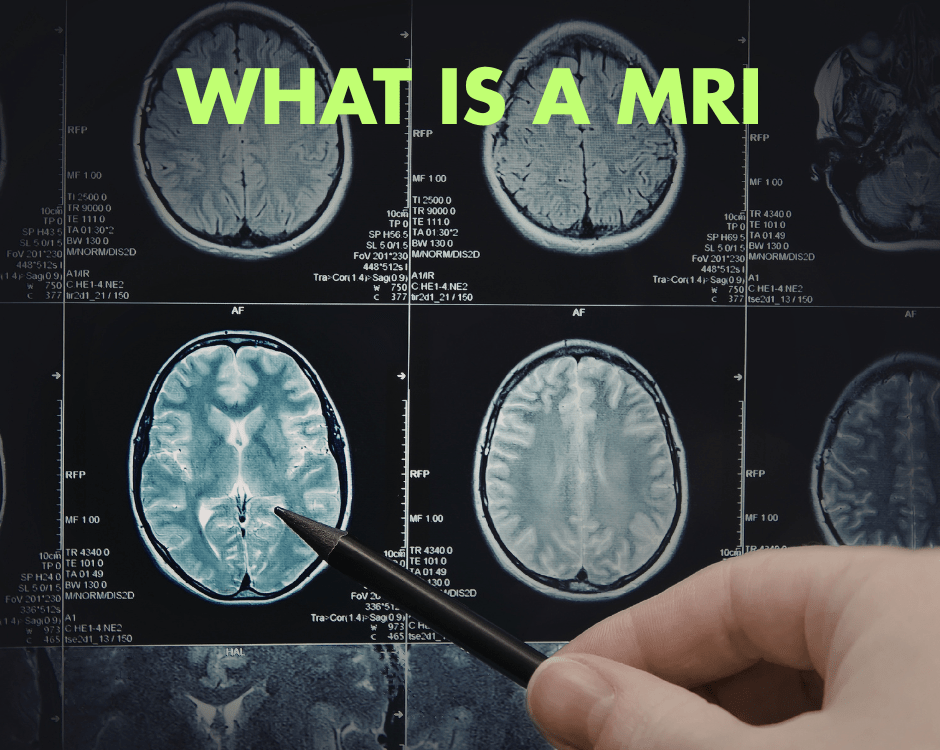Multivitamins Do Have Limitations for Your Nutrition

The Physical and Emotional Impact of Pain
July 24, 2023
The Amazing Heart
July 24, 2023Multivitamins and Their Limitations
In the pursuit of better health many turn to multivitamins as a convenient solution to meet their nutritional needs. There are some that set themselves up to fail by depending solely on multivitamins as their main source of nutrition. It is crucial to know the limitations of relying solely on multivitamins for essential nutrients. Dr. Aaron Workman of Chambers Medical Group, one of the highest rated car accident medical facilities in the Lexington, Kentucky area, gives you a look at why multivitamins should stay a supplement and not the main source of essential nutrients.
Multivitamins are supplements that contain a combination of vitamins, minerals, and other nutrients. They are designed to supplement an individual’s diet and provide additional nutrients that may be lacking. While multivitamins can offer certain benefits, they should not replace a well-balanced diet.
A balanced diet consisting of whole foods is the foundation for good nutrition. It includes a wide variety of fruits, vegetables, whole grains, lean proteins, and healthy fats. These foods provide a complex multitude of nutrients, fiber, and beneficial compounds that work synergistically to support overall health and well-being. This is the basis for all the other nutrition you add. To function optimally your base needs to be the best it can be.
Multivitamins offer a simplified approach to nutrition by providing a mix of vitamins and minerals. However, they fail to contain the complex nutrients found in whole foods. Whole foods contain a myriad of compounds, antioxidants, and fiber that contribute to their healthy properties. Nutrients from whole foods are generally more readily available for the body than those from supplements. The human body is designed to pull nutrients from food in a complex process through digestion, absorption, and use. Some nutrients in multivitamins may not be effectively absorbed or utilized by the body at all. Nutrients in whole foods often work synergistically, meaning they enhance each other’s absorption and effectiveness. In contrast, single nutrients in multivitamins may not interact optimally with other nutrients, potentially limiting their overall benefits. Multivitamins may not contain all the nutrients required for optimal health and often focus on essential vitamins and minerals.
Whole foods provide a broad variety of nutrients which include vitamins, minerals, antioxidants, and dietary fiber. If you eat a wide range of healthy foods, your ability to absorb vitamins and nutrients increases. Nutrients in whole foods work together synergistically. For example, the vitamin C in fruits enhances the absorption of iron from plant-based sources. Whole foods like fruits, vegetables, and whole grains, are rich in fiber. Fiber aids in digestion, fullness and supports a healthy gut microbiome. There are many studies that have shown that a diet rich in whole foods is associated with a lower risk of chronic diseases such as heart disease, diabetes, and certain types of cancer.
If you walk down the grocery store aisle or your local vitamin store you may become overwhelmed with what is available. It is better to use supplementation based on individual needs. This is because individuals with specific nutrient deficiencies or unique dietary requirements may benefit from targeted supplementation under the guidance of a healthcare professional. For example, there is a vast number of people that are Vitamin D deficient so instead of shopping for a multivitamin you should find a good Vitamin D supplement and add it to your regular diet. When considering supplements, choose reputable brands and make sure you are taking the best form of that specific supplement that will allow your body optimal absorption.
Everyone has different nutritional needs based on factors such as age, gender, activity level, and overall health. Talking with a dietitian or healthcare professional can help determine specific nutrient requirements and develop a personalized nutrition plan. You may find that targeted supplementation is the best way to obtain better health.
— This article is written by Aaron Workman, DC, one of the members of Chambers Medical Group’s team of car accident chiropractors who offer a variety of treatments and therapies ranging from diagnostic testing to various soft tissue therapies for car accidents and injuries in Kentucky.
.
–
Have you been in a car accident? If you or somebody you know has been in a car accident, be sure that you seek medical attention from a car accident doctor or car accident chiropractor to treat your injuries. Visit Chambers Medical Group to receive world-class medical treatment for your injuries.
Chambers Medical Group has car accident medical clinics in the following locations:
- Car Accident Medical Clinic in Tampa
- Car Accident Medical Clinic in Plant City
- Car Accident Medical Clinic in Brandon
- Car Accident Medical Clinic in Lakeland
- Car Accident Medical Clinic in Sarasota
- Car Accident Medical Clinic in Louisville
- Car Accident Medical Clinic in Lexington
- Car Accident Medical Clinic in Florence




